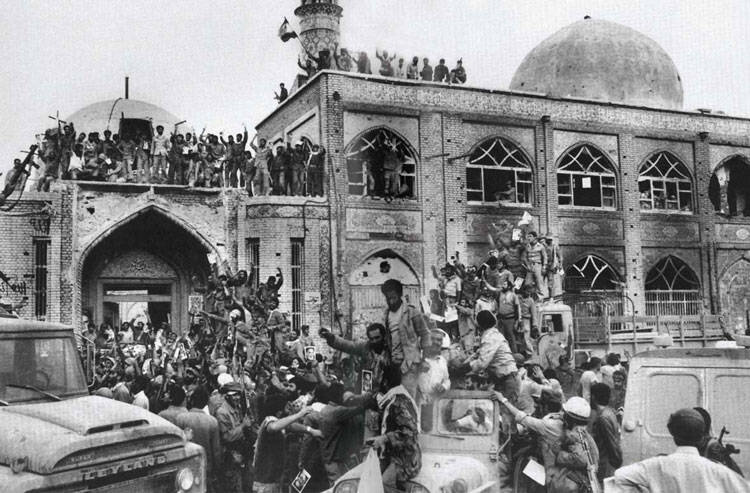Sacred Defense: Khuzestan top destination for war tourism

TEHRAN – Khuzestan province is a top destination for war tourism. It is home to 41 national-registered sites and elements concerning the 1980-88 Iran-Iraq war (known in the Islamic Republic as Sacred Defense).
“There are 41 sites and elements related to the Sacred Defense in Khuzestan that are registered on Iran’s national list for cultural heritage,” the provincial tourism chief said on Tuesday.
Mohammad-Hossein Arastuzadeh emphasized the vital role Khuzestan played during the Sacred Defense era, serving as a primary battleground during the Iraqi-imposed war.
He noted that the province bore witness to numerous heroic deeds and sacrifices by Iranians striving to safeguard the land’s values.
Since the early 1990s, efforts have been underway to identify and register the locations of wartime events, culminating in the registration of 41 sites across ten cities in Khuzestan province, the official explained.
“These cities include Khorramshahr, Abadan, Ahvaz, Andimeshk, Dezful, Omidiyeh, Shush, Dasht-e Azadegan, Hamidiyeh, and Hoveyzeh.”
Among the registered sites are memorials honoring martyrs from various battles, including Shalamcheh, Karbala-4, Nahre-Khein, the chemical martyrs of Behbahan in Khorramshahr, Dehloran and Fakkeh in Dasht-e Azadegan, Fath al-Mobin in Shush, martyrs of Hoor al-Azim, Imam Reza (AS) Field Hospital, and Talaye’e in Hoveyzeh, martyrs of Zolfagari and Imam Ali (AS) Field Hospital in Abadan, and Doukouheh in Andimeshk.
Arastuzadeh highlighted the initiation of pilgrimage tourism caravans to visit these sites since 1997, adding that visits to these historical landmarks have gained momentum in recent years, especially with the emergence of “War Tourism” on the international stage.
Consequently, plans are underway to develop and enhance the international capacity of these sites under the banner of “Enlightenment Tourism” by the Ministry of Cultural Heritage, Handicrafts, and Tourism.
The war was launched by order of the then Iraqi President Saddam Hussein nearly 19 months after the victory of the Islamic Revolution. It was the second-longest war of the 20th century after the Vietnam War.
AM
